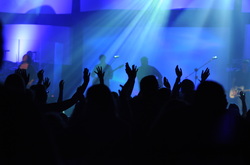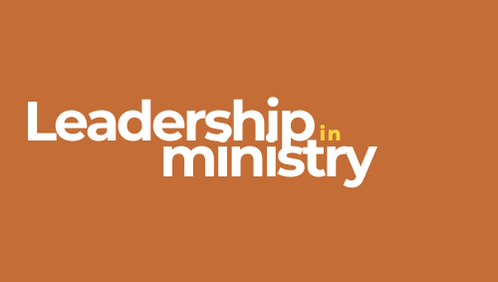 Throughout history, songs have been used to teach. Read through these lyrics and think about what these lyrics are teaching. When you are finished reading the lyrics, answer the questions at the end of the posted lyrics. BEFORE THE THRONE OF GOD ABOVE Charitie Lees Smith (1841–1923) also known as Charitie Lees Bancroft. Before the throne of God above I have a strong and perfect plea: A great High Priest, whose name is Love, Who ever lives and pleads for me. My name is graven on His hands, My name is written on His heart; I know that while in heaven He stands No tongue can bid me thence depart No tongue can bid me thence depart. When Satan tempts me to despair, And tells me of the guilt within, Upward I look, and see Him there Who made an end to all my sin. Because the sinless Savior died, My sinful soul is counted free; For God the just is satisfied To look on Him and pardon me To look on Him and pardon me Behold Him there, the Risen Lamb My perfect, spotless righteousness, The great unchangeable I am, The King of glory and of grace! One with Himself I cannot die My soul is purchased by His blood My life is hid with Christ on high, With Christ, my Savior and my God With Christ, my Savior and my God QUESTIONS TO ASK 1. What is the song teaching? Can it be supported by Scripture? 2. Are the song lyrics inward-focused or focused on the worship of God? 3. What are some characteristics of God found in these lyrics? 4. Do the lyrics promote a sense of community (us, we, church,etc.) or do they promote the individual (I, me, you, etc.)? Ephesians 5:19-20, "Speak to one another with psalms, hymns and spiritual songs. Sing and make music in your heart to the Lord, always giving thanks to God the Father for everything, in the name of our Lord Jesus Christ."
0 Comments
 As we prepare for Sunday morning worship this weekend, we prepare our hearts and minds for the worship of God. We will walk into church this Sunday and sing worship songs, have prayer, take up an offering, hear a sermon, take communion and have an invitation/response and a time of fellowship. But what did the worship services of our Christian forefathers look like? Check out what Justin Martyr (around 100-165 A.D.) said about early church worship: "On the day called Sunday, all who live in the cities or in the country gather together in one place, and the memoirs of the apostles or the writings of the prophets are read, as long as time permits. Then, when the reader has ceased, the president verbally instructs, and exhorts to the imitation of these good things. Then we rise together and pray and . . . when our prayer is ended, bread and wine and water are brought, and the president in the manner offers prayers and thanksgivings, according to his ability, and the people assent, saying Amen! And there is distribution to each (communion), and a participation of that over which thanks has been given, and to those who are absent a portion is sent by the deacons. But Sunday is the day on which we all hold our common assembly, because it is the day on which God, having wrought a change in the darkness and matter, made the world; and Jesus Christ our Savior on the same day rose from the dead." -- First Apology, taken from Historical Theology, Gregg Allison. As we see from Justin's account, Scripture, prayer and communion played a major role of the earliest gathering of believers. More importantly he recognized the reason for their meeting together: to worship God and celebrate the resurrection of Christ. This Sunday as you depart to your local church gathering, remember the reason you gather is to worship God and to celebrate the risen Christ as you sing, pray, listen to the Word and serve. |
Archives
March 2023
This website uses marketing and tracking technologies. Opting out of this will opt you out of all cookies, except for those needed to run the website. Note that some products may not work as well without tracking cookies. Opt Out of Cookies |


